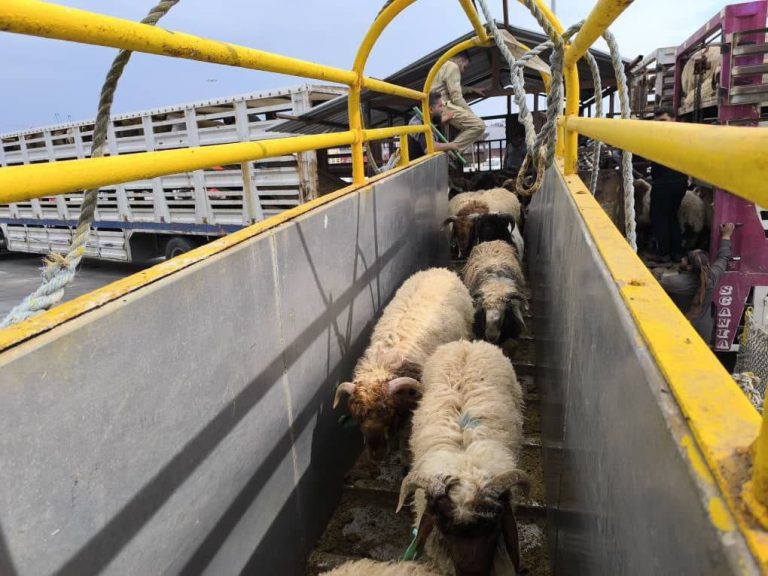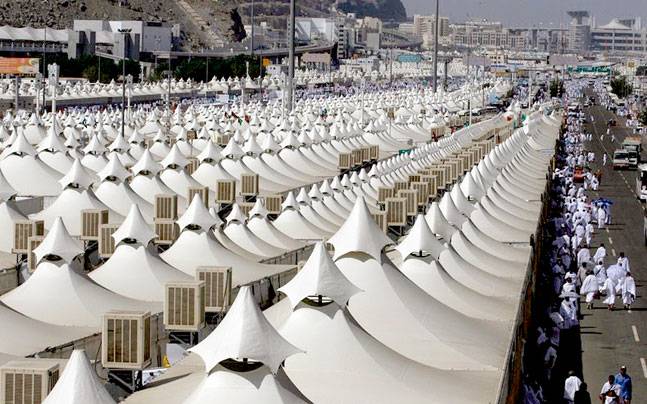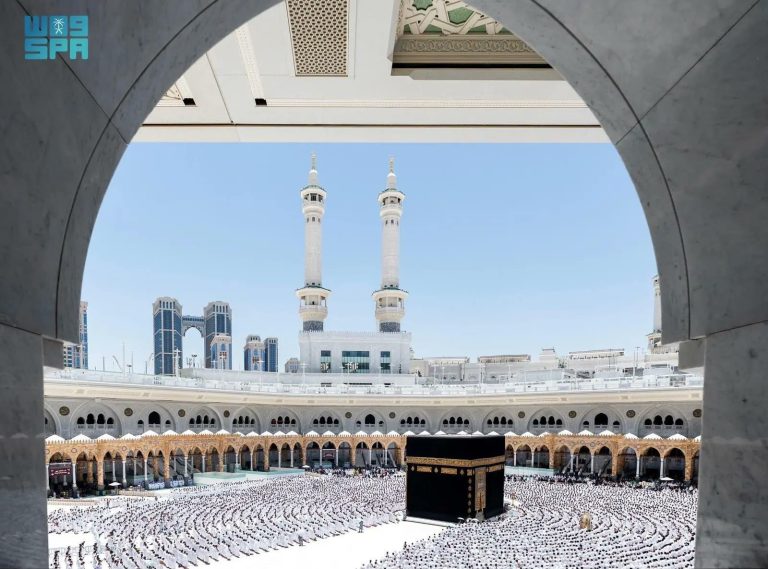How much do sheep cost in Arab region for Eid Al Adha?

As Muslims across the Arab world celebrate Eid Al Adha, many families are grappling with a pressing question: can they afford to sacrifice a sheep this year?
While the spiritual significance of this ritual remains intact, rising costs have left many either sharing animals, scaling back, or forgoing the tradition altogether.
To get job news and latest updates of KSA, join us on WhatsApp.
Regional Price Variations
Sudan: High Numbers, Low Prices
- Average Cost: $200–220
- Context: Sudan boasts over 40 million sheep, making it the highest in the Arab world. Despite ongoing conflict and inflation, the abundance of livestock helps keep prices stable.
Palestine: The Cost of Conflict
- Average Cost: $850 (up 20–25% from last year)
- Context: Economic challenges due to conflict have made sheep a luxury. High unemployment and a shrinking livestock supply contribute to the steep prices. One resident remarked, “I haven’t tasted meat in months.”
Like our Facebook page to get job vacancies and updates in KSA
Libya and Algeria: Inflation Bites
- Libya: Prices range from $530 to $640, driven by security issues and rising feed costs.
- Algeria: Despite government efforts to import sheep, average prices remain around $755, with local breeds exceeding $1,200.
Gulf Countries: High Incomes, High Costs
- Saudi Arabia, UAE, Kuwait: Prices range from $460 to $490. Heavy reliance on imports during Hajj drives demand.
- Qatar: Government subsidies help stabilize prices at around $356.
Middle Tier: Egypt, Jordan, and Iraq
- Egypt: Average price is $302, stable due to improved fodder availability.
- Jordan: Prices have risen 15–25% to $352.
- Iraq: Average prices are around $381, influenced by disease outbreaks and poor grazing conditions.
Syria and Mauritania: Affordable but Uncertain
- Syria: Average sheep costs $235, with inflation paradoxically making prices more affordable in dollar terms.
- Mauritania: Prices average $278, but droughts and export pressures are increasing costs.
Economic Influences
Across the region, economic pressures such as inflation, currency devaluation, climate-driven droughts, and political instability are shaping how Muslims observe Eid Al Adha this year.
Creative Solutions
In response to rising prices, many families are finding innovative ways to engage with the ritual:
- Cost Sharing: Some are splitting the cost of a single sheep among relatives or friends.
- Charitable Donations: Others are contributing to charitable slaughter funds.
- Prepaid Slaughter Services: In wealthier nations, services that offer prepaid slaughter and meat distribution are becoming popular, providing convenience but reducing direct involvement in the ritual.
These adaptations reflect the resilience of communities facing economic hardships while striving to uphold their cultural and religious traditions during this significant time.
Join us on Whatsapp and follow us on Facebook to get latest updates you need in KSA.
Read More:
Gulf Trick










